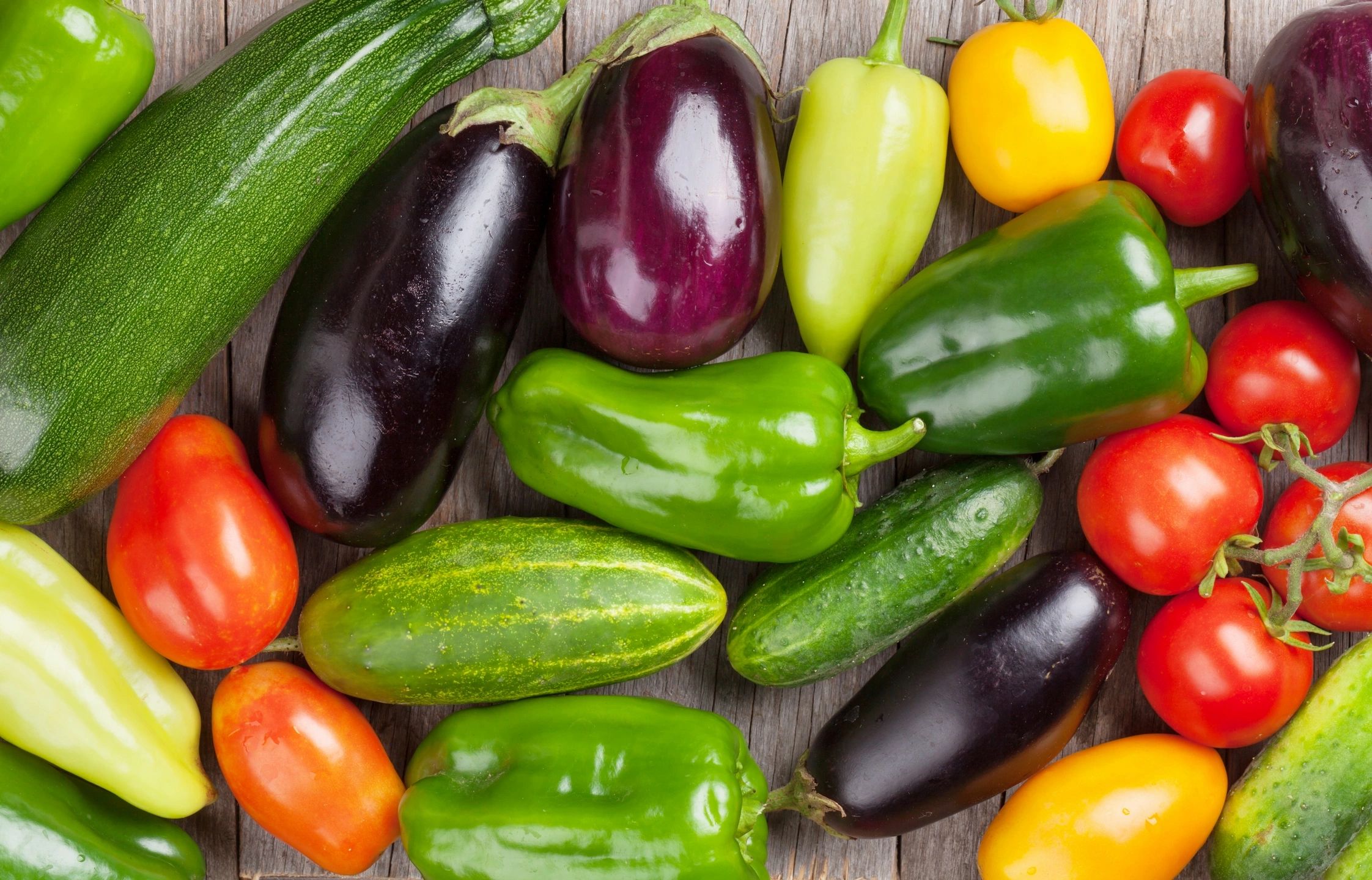Have you ever noticed how your food choices can impact your mood? From the initial burst of energy after a satisfying meal to the sluggish feeling that comes after indulging in too much junk food, what we eat plays a crucial role in how we feel. In this article, we’ll delve into the intricate relationship between food and mood, exploring how our diet can significantly influence our mental health and overall well-being.
The Gut-Brain Axis:
At the heart of the connection between food and mood lies the fascinating concept of the gut-brain axis. This intricate communication network links the gut and the brain, allowing them to send signals back and forth. Simply put, what happens in your gut can profoundly affect your brain and vice versa. Research has shown that a healthy gut is essential for maintaining optimal mental well-being. By nourishing our gut with the right foods, we can support a positive mood and improve cognitive function.
Nutrient Deficiencies and Mental Health:
Nutrition is not just about filling our stomachs; it’s about fueling our bodies and minds with the essential nutrients they need to function properly. Unfortunately, many people overlook the crucial link between nutrition and mental health. Certain nutrient deficiencies have been linked to an increased risk of mood disorders such as depression and anxiety. For example, low levels of vitamin D, omega-3 fatty acids, and B vitamins have all been associated with poor mental health outcomes. To promote better mood and emotional stability, it’s essential to incorporate nutrient-rich foods into our diets.
Inflammation and Mood Disorders:
Inflammation, typically associated with physical ailments, can also wreak havoc on our mental well-being. Chronic inflammation has been implicated in the development of mood disorders, including depression and bipolar disorder. Certain foods, such as processed meats, sugary snacks, and refined grains, can fuel inflammation in the body, exacerbating mood disturbances. On the flip side, adopting an anti-inflammatory diet rich in fruits, vegetables, whole grains, and healthy fats can help soothe inflammation and support a more positive mood.
The Role of Gut Microbiota:
Our gut is home to trillions of microorganisms collectively known as the gut microbiota. These tiny inhabitants play a crucial role in our digestive health and immune function, but their influence extends far beyond the gut. Emerging research suggests that the composition of our gut microbiota can profoundly impact our mood and brain function. By nourishing our gut with probiotic-rich foods like yogurt, kefir, and sauerkraut, we can promote a healthy microbiome and support better mental well-being.
Conclusion:
In conclusion, the connection between food and mood is undeniable. What we eat directly affects how we feel, both physically and emotionally. By prioritizing a diet rich in nutrient-dense foods that support gut health, reduce inflammation, and nourish our gut microbiota, we can enhance our mental health and overall well-being. So, the next time you’re feeling down or anxious, take a closer look at your plate. Your food choices might just hold the key to a brighter mood and a happier outlook on life.
Please like, comment, and share this article if you found it helpful and
informative.
Visit https://bigtownbulletin.com if you would like to see more of this content.
Please like, comment, and share this article if you found it helpful and
informative.
For more news check out Big Town Bulletin News
For more from Big Town Bulletin check out Big Town Bulletin


